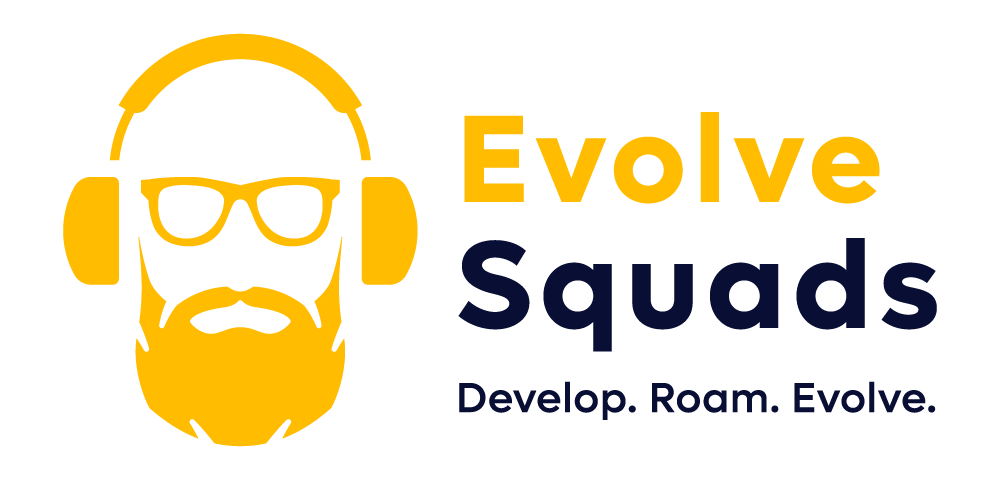Will AI Take Over Jobs in the Future? Impact of A.I on the workforce.
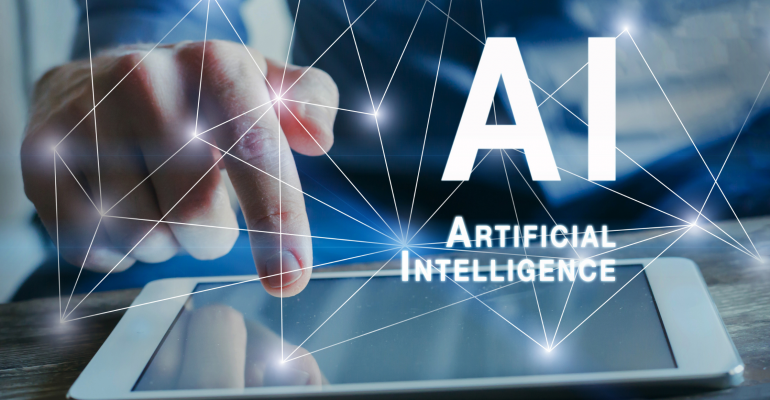
Will AI Take Over Jobs in the Future? Impact of A.I on the workforce.
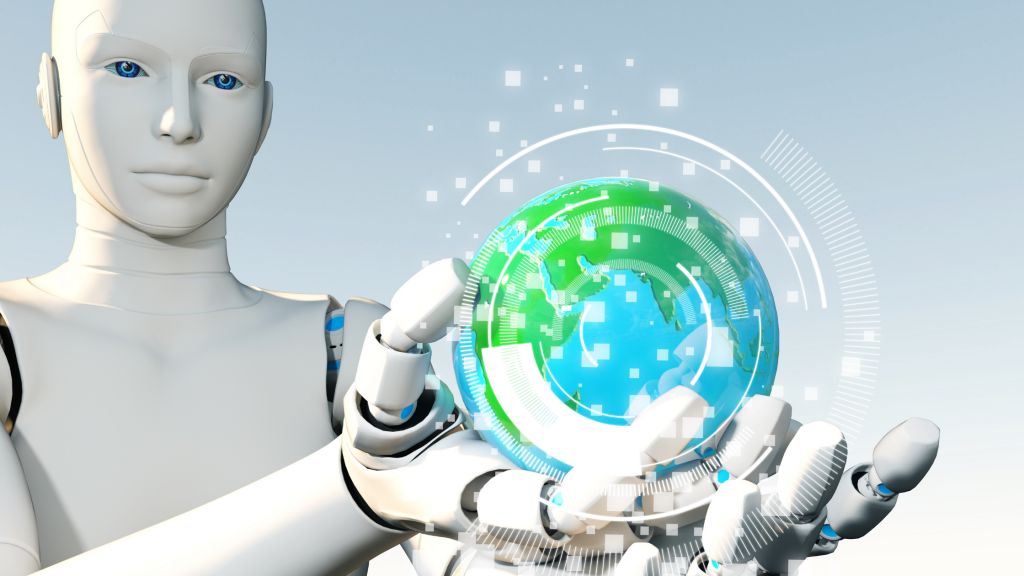
As artificial intelligence (A.I.) continues to evolve, many people are wondering what the future of A.I. will be in terms of its impact on the workforce. Jobs that have traditionally been done by human beings, such as driving or caring for the elderly or children, may soon be replaced by machines that can do those tasks more efficiently and cheaply. This raises some important questions about the future of work and how humans will earn a living. What kinds of jobs will be left for us once machines can do them better? And what will happen to the economy if large numbers of people are no longer able to find work? These are important issues that we need to start thinking about now.
What is Artificial Intelligence (A.I)?
Before we explore how AI will influence the future of work, it’s important to start simple: What is AI? The capacity of a digital computer or robot-controlled equipment to do tasks that are associated with intelligent beings is known as artificial intelligence.
According to several experts, many sectors will be automated in the next five to 10 years. Top-level tech executives who form the Forbes Technology Council have included 13 jobs that may become automated, these include customer service, research, insurance underwriting, data entry, warehousing and manufacturing work, long-haul trucking, and just about any job that can be learned. This capacity to learn is an important feature of AI’s algorithms.
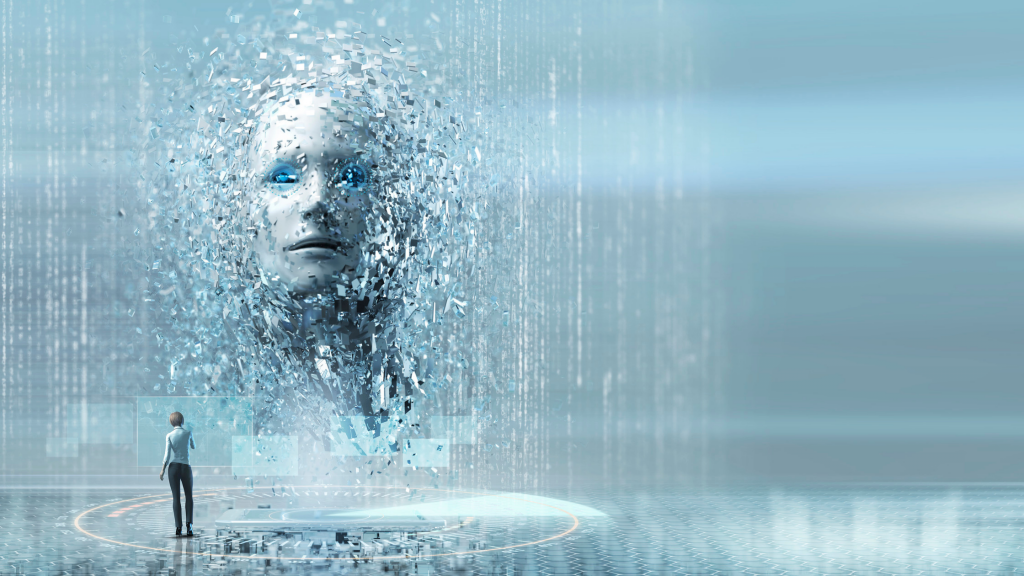
It may take a while before AI may be able to take over.
Although it may appear that AI will soon replace humans at work, there is a cause to be hopeful. Computers will not have complete, human-level artificial intelligence for many decades to come.
Given how artificial intelligence has been depicted in the media, particularly in some science fiction movies, it’s clear that the advent of this technology has inspired dread that AI will eventually make humans obsolete in the workplace. After all, as technology advances, many activities previously done by hand have become automated. It’s only natural to be frightened about moving toward developing intelligent computers since it may signal the start of the end of employment as we know it.
Will superintelligent computers one day take over the world and ignore the humans who made them? The MIT Workforce of the Future, published an article on this topic, in which they concluded that this is unlikely to be the case. According to their article, AI will have a significant impact on the future of work by creating many new jobs and industries as it continues to drive massive innovation that may fuel existing sectors. However, the governments and other elements of society will need to assist to smooth this transition, especially for those whose old occupations are disrupted and who may find it difficult to obtain new jobs.
According to an article in the Data Science Central, we can expect AI to continue its evolution and develop into Artificial Superintelligence. This is when “a machine intelligence is capable of recursive self-improvement leading to levels of intelligence far beyond anything possible by humans.”
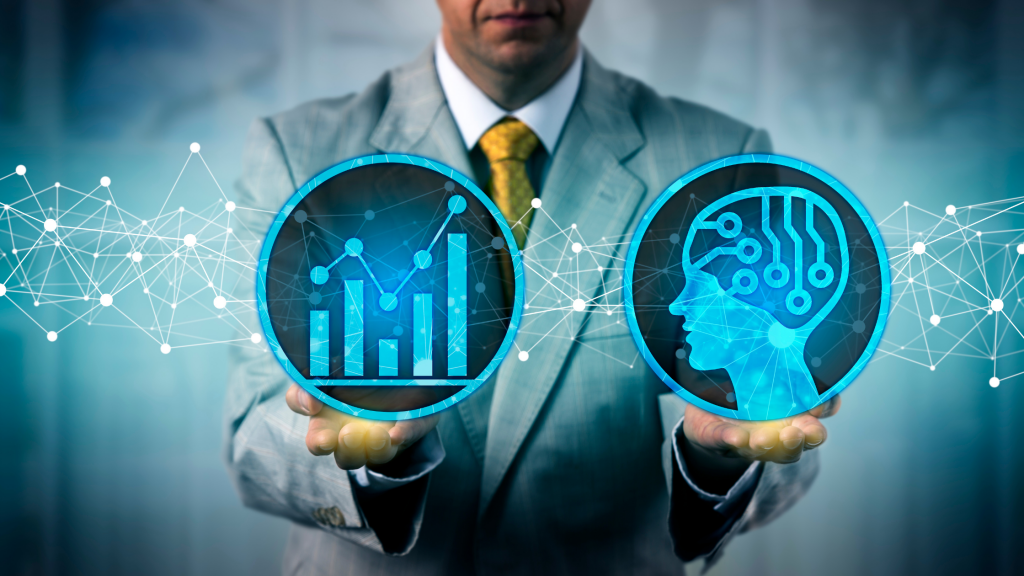
Where does this leave us today?
Although it might be quite some time before we reach such a futuristic scenario, there’s no escaping the fact that many jobs will be affected by this evolving technology.
AI may possibly remove a lot of human workers from future employment. A report stated that twenty percent of all job tasks could be automated with current AI technologies within about 20 years, while another study forecasts that 375 million of our jobs could be lost worldwide in the next five years because they can be done by machines.
In any case, although there were worries that the future of work will be mostly automated, a report from Oxford University stated that it would take 120 years before this could happen. In fact, they state that only about five percent of all jobs could potentially be fully automated with current AI technologies.
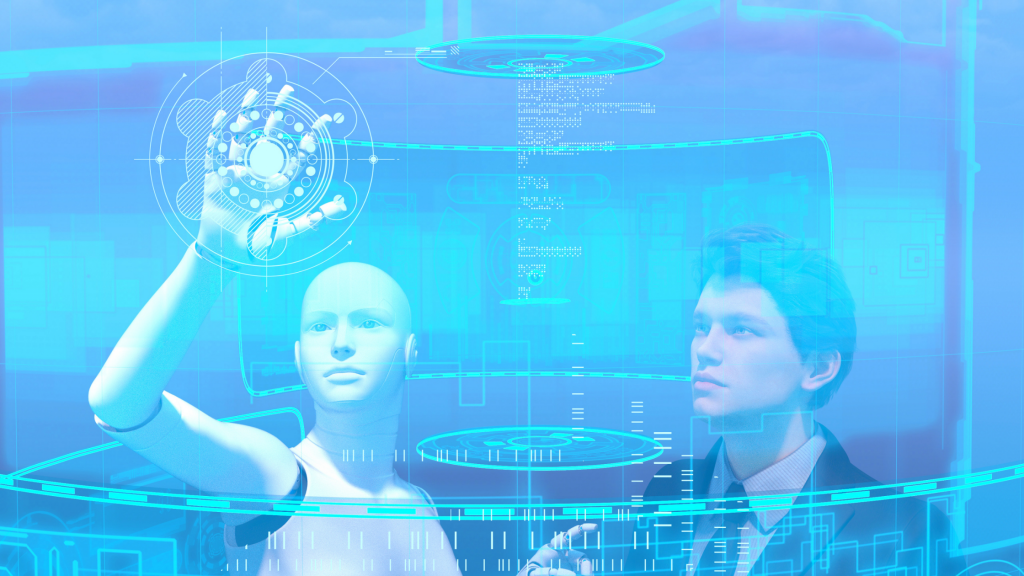
So what does the future really hold for workers and how can we prepare?
That’s one of the most critical questions we need to explore in order to answer: what will the future of work look like under AI? Although no one can say for certain today, there is some evidence that people may still have jobs but their nature and content will change due to automation. People who were performing routine tasks such as opening up spreadsheets, checking customer emails, and filling in order forms can be replaced by machines.
Tasks that are more creative or social such as giving customers advice, caring for the elderly, or providing therapy may be less likely to be automated according to a study conducted by The Guardian.
What this suggests is that people will need to shift their focus on developing skills that AI cannot replicate easily. This includes creativity, critical thinking, complex communication, managing relationships, and being aware of emotions.
In other words, we need to move away from focusing on rote task-based jobs and instead focus on developing skills that are based on human qualities and abilities. We also need to cultivate these qualities in our children so they’re better equipped for the future of work. The skills we focus on will be key in ensuring that humans remain relevant in a world where AI becomes more intelligent and makes our work obsolete.
One such example is being empathetic towards children who have been traumatized and hearing their stories, which would help social workers develop better interventions for them. Humans also can try to find jobs that require unique human qualities like creativity and intuition while machines do routine tasks. However, this may result in human suffering while we wait for society to evolve until we finally realize what we need to do next.
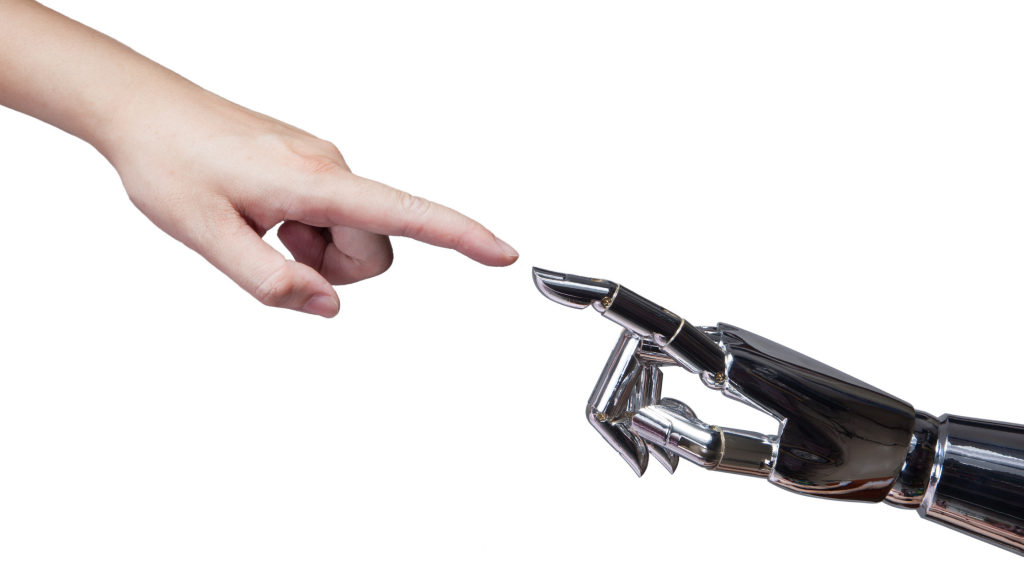
Until then, it’s important to acknowledge the significant role AI has already played in improving our lives and how it will continue to make them better as technology further evolves. Self-driving cars saved thousands of lives last year, for instance, and AI is being used more and more to diagnose diseases.
It’s important to remember that while jobs may be lost to automation, new opportunities will be created as well. So we should not fear the future but rather embrace it and all the possibilities it brings. We just need to make sure we’re prepared for it.
